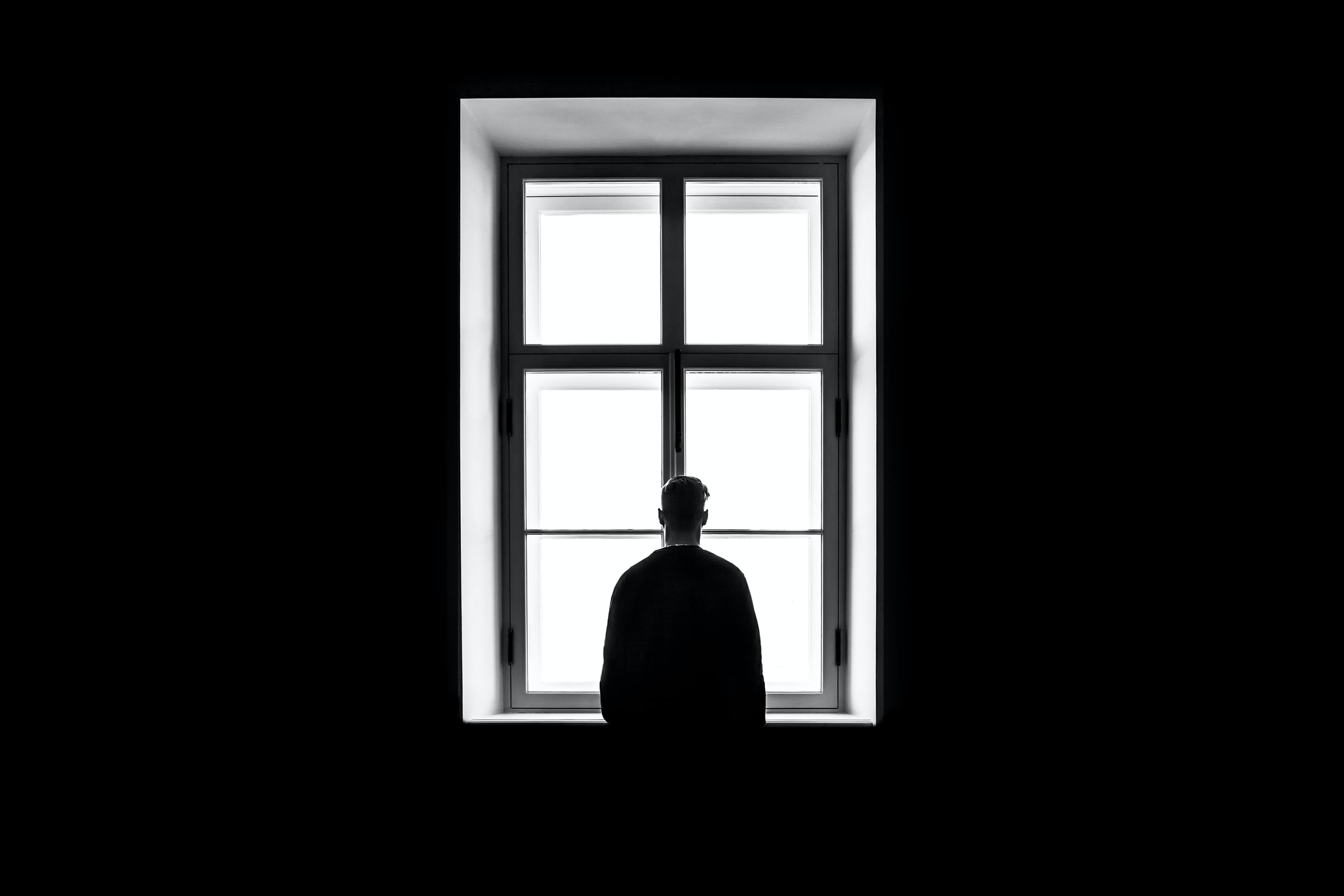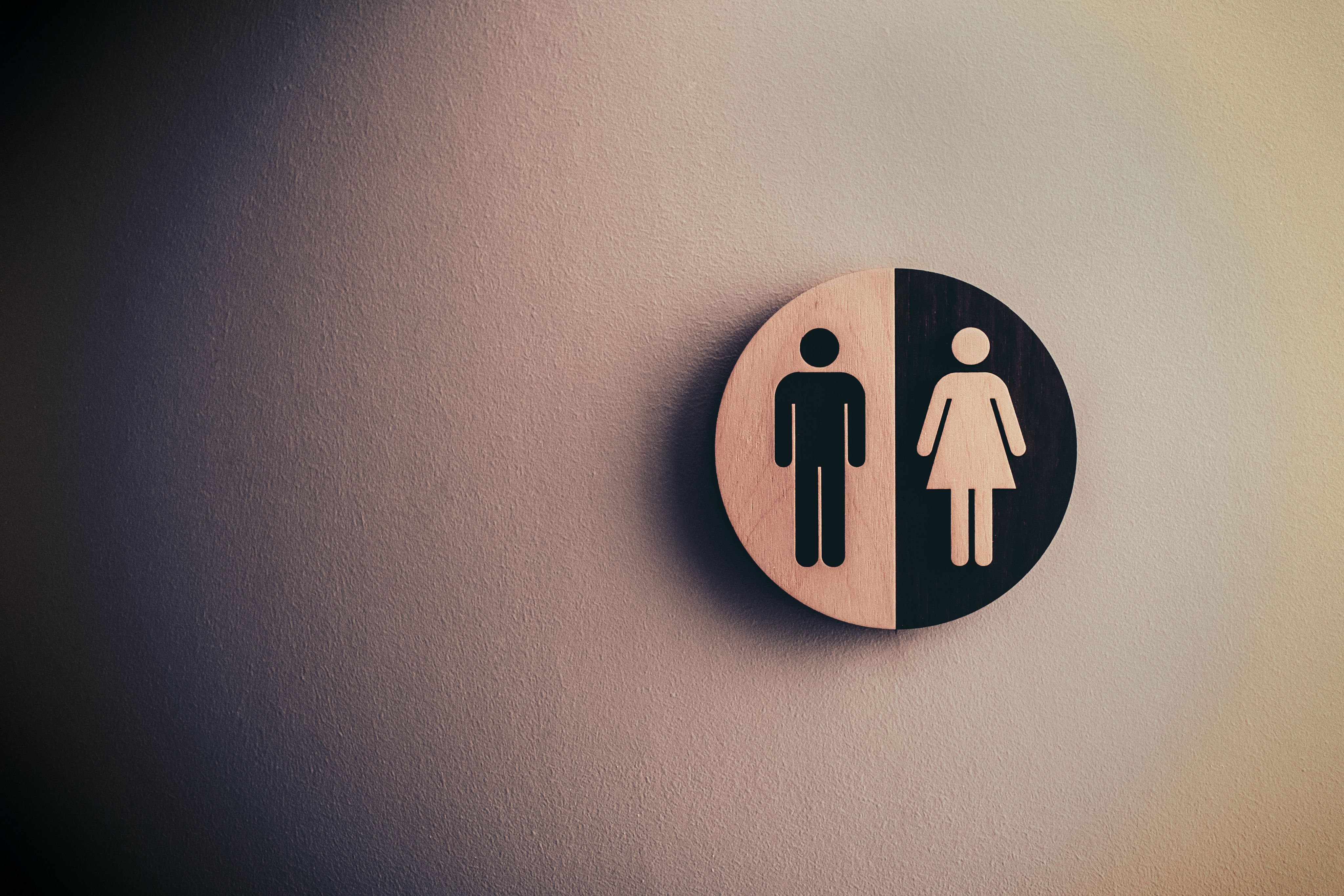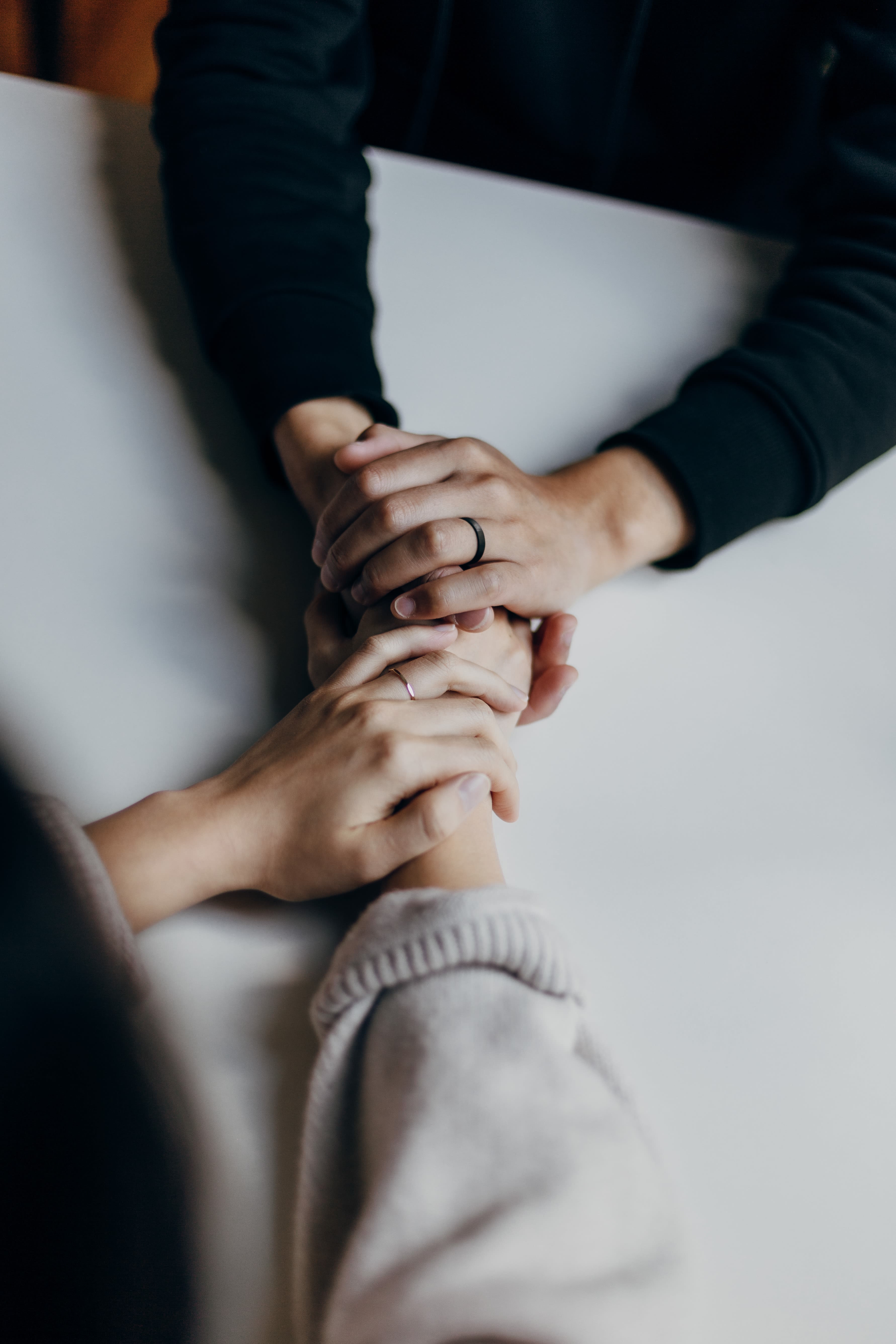1 in 6
The hidden crisis of male sexual trauma

Research suggests one in six men have experienced sexual abuse or assault as a child or adult.
This is probably a low estimate as men are less likely to acknowledge and disclose their experiences than females.
Integrative psychotherapist Jeremy Sachs told me: “I would say quite confidently it’s a lot more than one in six.”
Sachs previously worked with sexual violence charity SurvivorsUK to create and deliver a group therapy model for men and he continues to work with sexual assault survivors.
“It took the men I worked with at SurvivorsUK an average of 26 years to even tell someone about their abuse so I suspect there’s a whole demographic of victims that we just don’t know about yet,” he explained.

A survey of 1,005 UK males aged 18 and over conducted last year revealed half had been subject to a non-consensual sexual experience.
The survey was commissioned by non-profit ManKind Initiative and data were weighted to reflect the population by age, region and social grade.
Results showed 42% of men had at least one experience that would legally be classed as a crime.
Common experiences included sexual activity with someone over 16 while aged under 16 (21%) and unwanted sexual innuendo or 'flirting' (28%).
Jim Struve, executive director of US-based non-profit MenHealing, told me: “Across the gender spectrum, sexual assault tends to be committed by someone the victim knows.”
Men are more likely to be victimized by male perpetrators and many experience sexual abuse during childhood.
“What’s a little different for male survivors is abuse often happens in a context where the perpetrator has access to children not so much because of biological relation, but due to a position of leadership over them,” Struve explained.
Examples include schools, athletic clubs and church groups.
MenHealing runs workshops and healing retreats for male victims of sexual assault including trans men and non-binary people.
“People come to our events in their 60s, 70s and 80s for the first time to deal with their victimization,” Struve said.
Struve explains how men learn to process their trauma at MenHealing retreats
Struve explains how men learn to process their trauma at MenHealing retreats

As with women, it is common for male victims to blame themselves for an assault or minimise its gravity.
Sachs reflected: “In groups, I’ve observed a lot of impostor syndrome where men would think what happened to them wasn’t as bad as other people’s experiences and that they didn’t deserve to be there.
“On the other end of the spectrum, men may believe what happened to them was so bad that no one can understand them and that leads to a deep sense of loneliness and isolation.”
However, responses to trauma are not monolithic and survivors can behave in a number of different ways following assault, Sachs noted.
Sachs explains the phenomenon of 'traumatic loneliness'
Sachs explains the phenomenon of 'traumatic loneliness'
The sense of isolation is often exacerbated by the delay in male victims discussing their experience for the first time.
Struve said: “During this period, so many men pull back from their relationships and struggle to be available as a partner or father or make deep connections with friends.”
This is known as ‘shame distancing’ and men may resort to burying themselves in work or physical activities to avoid addressing their relationships, he explained.
"Regardless of the survivor's gender, shame is a really toxic and corrosive symptom of sexual trauma," Sachs said.

Photo credit: Sasha Freemind
Photo credit: Sasha Freemind
Sexist gender norms are some of the biggest barriers to men acknowledging and healing from their trauma.
Sachs explained: “It’s very common for men to say, ‘well I should have been able to fight them off’ and they’ll say this even if they were just four years old when the assault happened.”
A 2020 paper co-authored by Struve notes the words ‘masculinity’ and ‘victim’ are commonly viewed as oxymorons.
Men who disclose their experience risk having their sense of masculinity interrogated with questions like ‘why didn’t you protect yourself?’ or ‘why did you keep going back?’ in the context of recurrent abuse.
MenHealing's 'Beyond Survival: Voices of Healing' video project gives victims a platform

Struve said: “Because most perpetrators are male, a lot of people assume that male victims will eventually become perpetrators themselves and that’s a very difficult myth to unravel.”
Younger men victimized by older women may be told their experience was a sexual rite of passage and should be viewed in a positive light.
Sachs said: “I have heard the most horrific stories about men who have been abused by women and gone to police, doctors or nurses only to be laughed at, made fun of and belittled.
"They had no answers given and that is an incredibly cruel thing to experience."
The barriers facing men who are victims of women are reinforced by the legal system and its classification of sexual crimes.
Under UK law, rape is defined as penetration of a person’s vagina, anus or mouth with a penis without their consent.
People without a penis - including cisgender women - are deemed unable to rape and are instead charged with ‘causing a person to engage in sexual activity without consent’.

Photo credit: Tingey Injury Law Firm
Photo credit: Tingey Injury Law Firm
Natasha McKeever, applied ethics lecturer at the University of Leed’s Inter-Disciplinary Ethics Applied Centre, argued women can rape men in a 2019 paper.
McKeever told me: “The word rape carries weight to it and people take it seriously.
“Causing a person to engage in sexual activity without consent sort of means the same thing as rape but it’s a rather cumbersome term and the crime is not something many people are aware of.”
Some people believe it is impossible for a woman to rape a man due to the mechanics of sex.
The idea is that if a man has an erection or ejaculates, he must be aroused and therefore consenting to the act.
However, McKeever argued in her paper that physiological responses do not always reflect sexual desire since women can lubricate and orgasm during rape, but this does not mean they experience sexual desire or enjoyment.
TW: Sexual assault
— Ayisha Sharma (@Ayisha_Sharma97) June 15, 2022
Are you familiar with the term 'causing a person to engage in sexual activity without consent?' #sexcrimes #consent #legaldefintions

Another common claim is that women cannot rape men because men are physically stronger.
McKeever said: “It’s true in general that men are stronger than women but you could have a given woman who is stronger than a given man.
“Besides, rape doesn’t always involve physical force – it could involve deception or drugging or intoxication which renders someone unable to consent.”
McKeever's paper also highlighted that male victims could experience 'hermeneutical injustice'.
'Hermeneutical injustice', a phrase coined by philosopher Miranda Fricker, refers to a phenomenon in which a key area of social experience is obscured from collective understanding because of structural identity prejudice.
Men victimized by women may struggle to conceptualise and label what has happened to them, further compounding their difficulties.
McKeever emphasised that acknowledging men can experience sexual trauma does not mean downplaying women’s sexual trauma and both can be taken seriously.

Regardless of gender, victims may unfortunately be advised not to seek psychological help because this can be used against them during the legal process, Sachs said.
He continued: "One of the major changes that's needed is better training and awareness about the impacts of trauma.
"Trauma-informed care has become a bit of buzzword but there's actually no regulation on what that means."
The funding of public health services and charities is also crucial.
Sachs explained: "If you go to the NHS as a victim, there's a waiting list for therapy.
"You would then probably be given cognitive behavioural therapy which is fine, but would also be limited in terms of sessions."
Sachs explains how to respond when a victim shares their experience
Sachs explains how to respond when a victim shares their experience
Struve has a message of hope for men who have been abused or assaulted
Struve has a message of hope for men who have been abused or assaulted
Photo credits
Broken mirror: Klim Musalimov
Silhouette of man: Rene Böhmer
Bathroom gender signs: Tim Mossholder
Library bookcase: Giammarco
Holding hands: Priscilla Du Preez
If you have been affected by the topics mentioned in this article, you can get help by calling the Rape Crisis helpline on 0808 802 9999.
